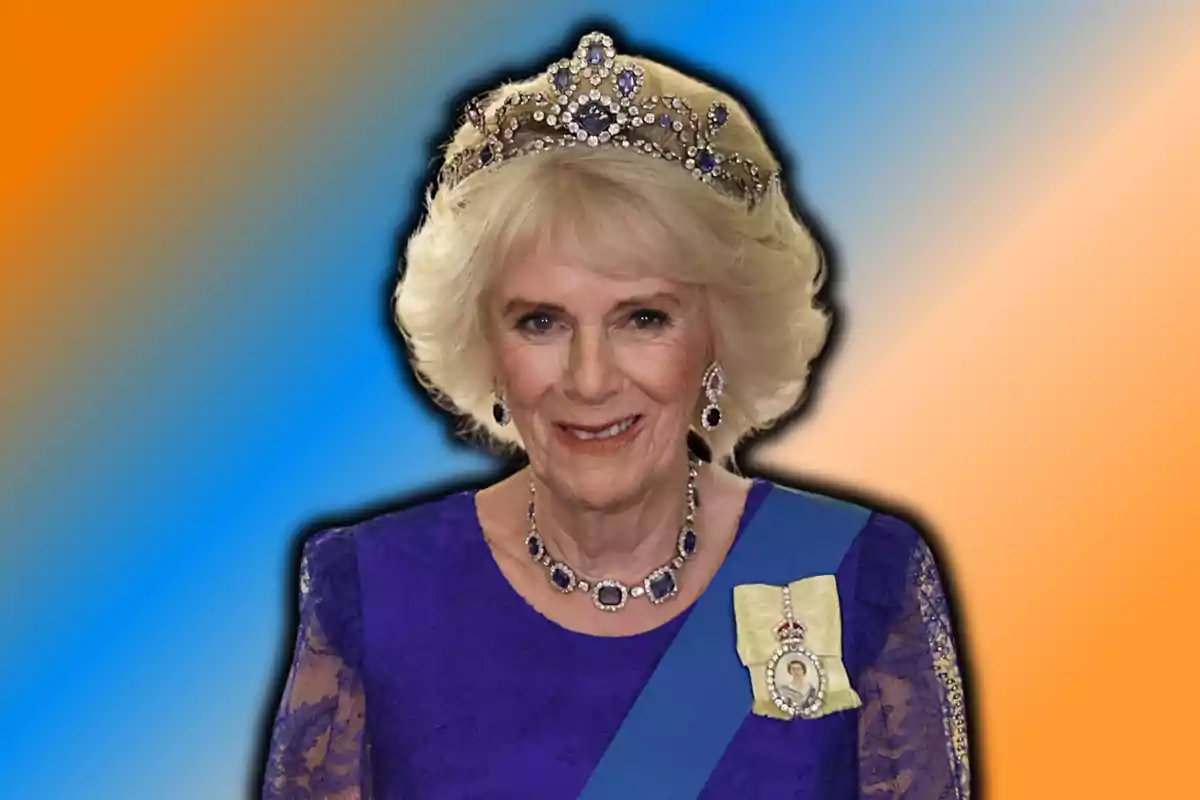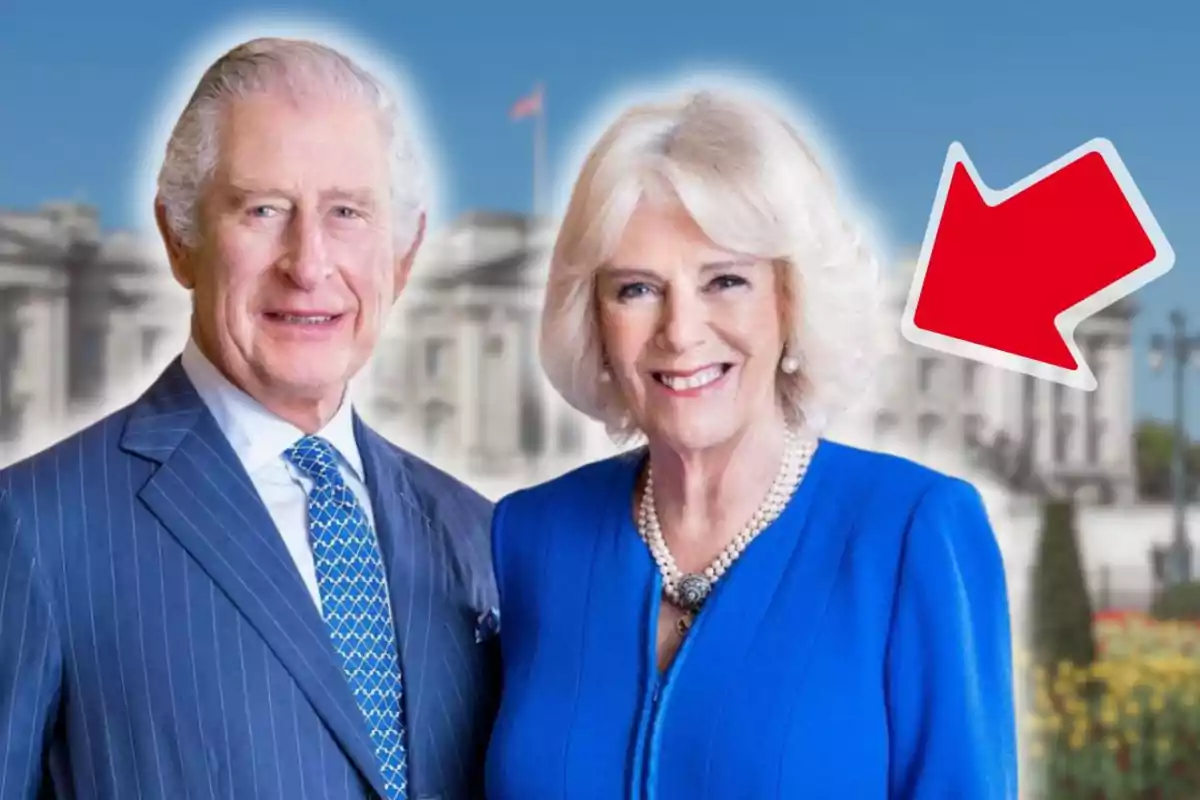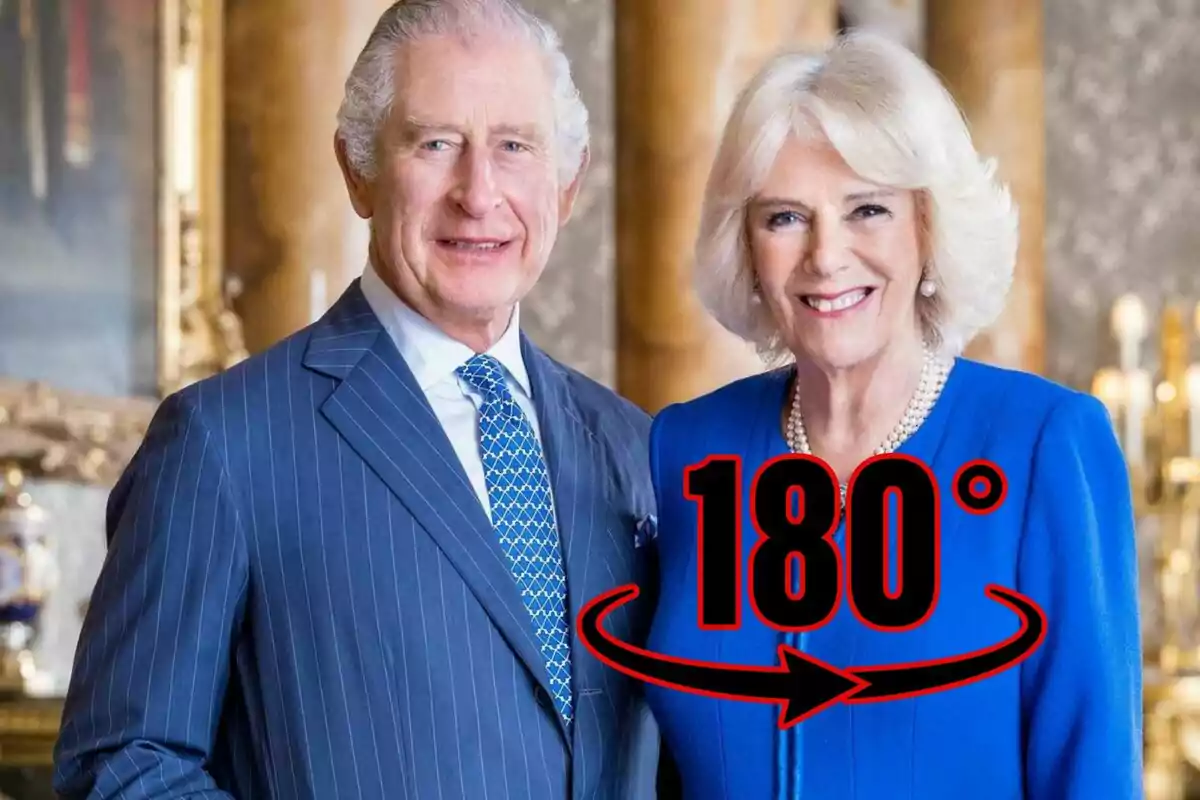The procession of public life doesn't stop for the British monarchy, but the smiles and protocol greetings hide a growing concern that stretches from the halls of Buckingham to the tabloids.
At the center of this new storm is not only King Charles III's delicate health, but that of his essential pillar: Queen Camilla. At 78 years old, her schedule has multiplied exponentially, a titanic effort to keep the stability of the Crown that, according to sources close to her, is pushing her to the limit and leading her to ignore her medical team's persistent recommendations.
A resilience that worries the Palace
The recent history of Camilla's health is no secret. That "chest infection" that forced her to cancel several engagements at the end of 2024 turned out to be pneumonia that left aftereffects. Outlets like Newsweek confirmed that the Queen herself admitted the seriousness of the diagnosis, and since then, a post-viral fatigue seems to follow her like a persistent shadow.

Doctors have been clear: she needs to slow down, prioritize rest, and above all, give up lifelong habits like smoking and moderate her alcohol intake, her well-known refuges against stress.
However, Camilla has chosen the opposite path. Far from stepping into the background, she has doubled her presence at official events, becoming the visible face of the monarchy on her own. This decision, although applauded for her sense of duty, reveals signs of exhaustion.
Reports from outlets like the Times of India and Pakistan Today went so far as to state in June that the queen was "literally on her last legs," alluding to mobility issues and a fatigue she can no longer hide. Every appearance is scrutinized, and although her fortitude is remarkable, tense gestures and a visible slowness in her movements feed the narrative of a queen on the verge of collapse.

Official statements and the harsh reality
Officially, Buckingham Palace keeps a calculated secrecy, issuing timely statements to justify absences, but without delving into alarming details.
Camilla herself, in a conversation with reporters during her trip to Italy in April, acknowledged her husband's relentless work ethic, stating that "he loves his work and that keeps him going," but adding a revealing phrase: "he wants to do more and more and more. That's the problem." An observation that, ironically, many now apply to her.
Those close to her insist that her refusal to slow down stems from a deep fear of being seen as a secondary or weak consort, especially at such a vulnerable time for the institution. She wants to go down in history as the queen who held the throne, the one who didn't falter while her king fought.
A noble ambition that, however, directly clashes with the specialists' warnings, who fear that her body can't withstand much longer the combination of advanced age, a complicated respiratory history, and the constant stress of her responsibilities.

